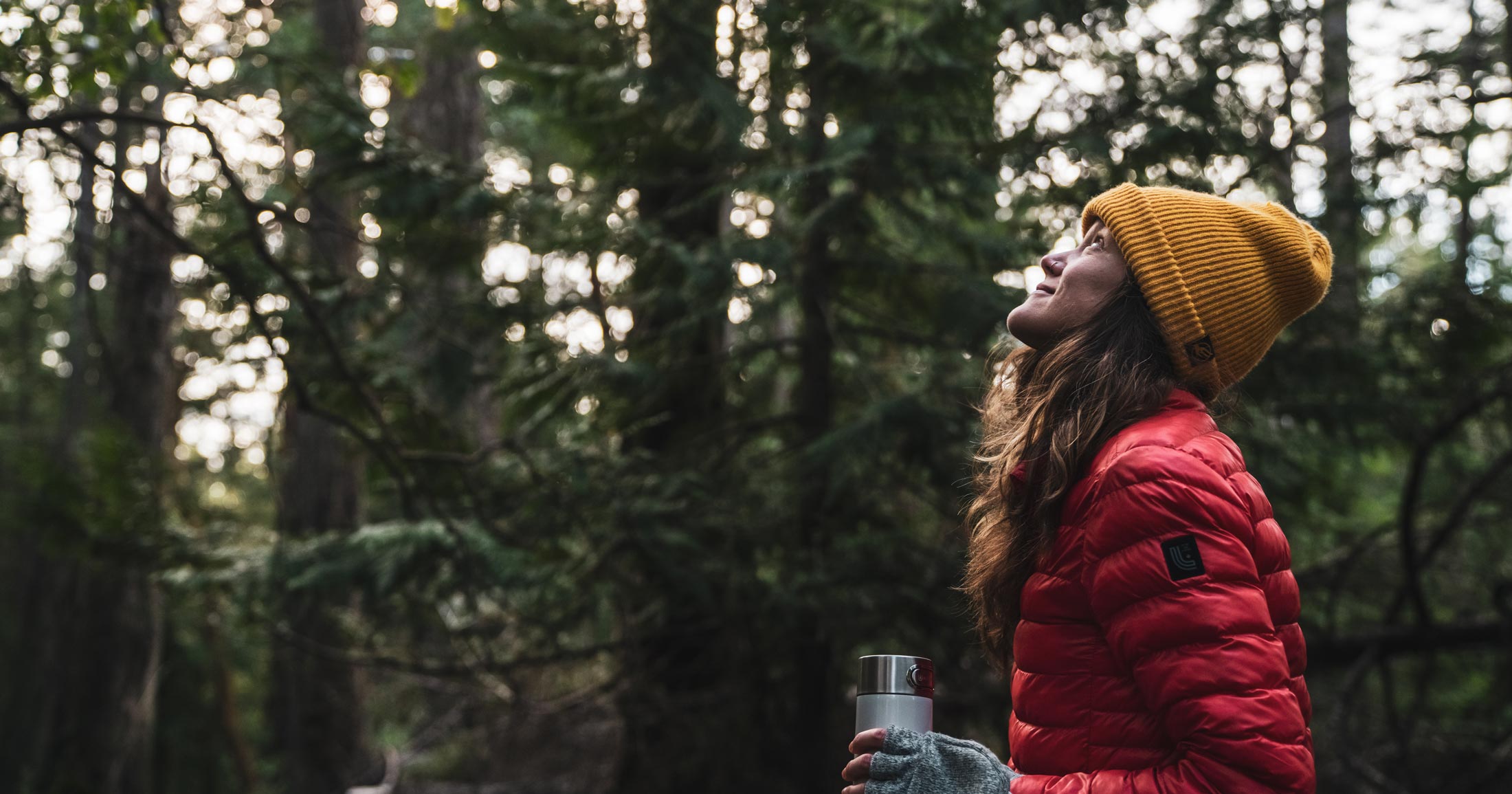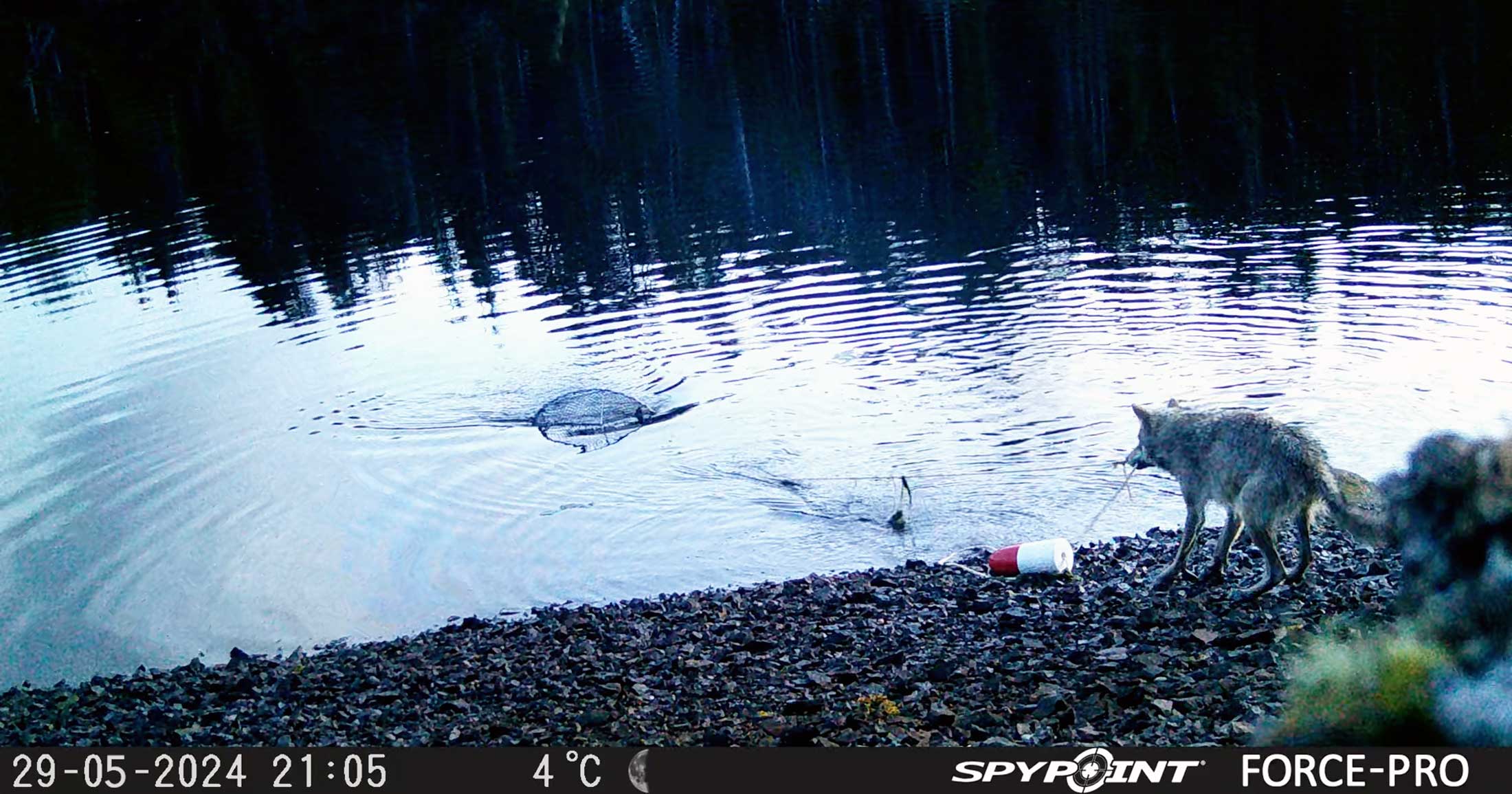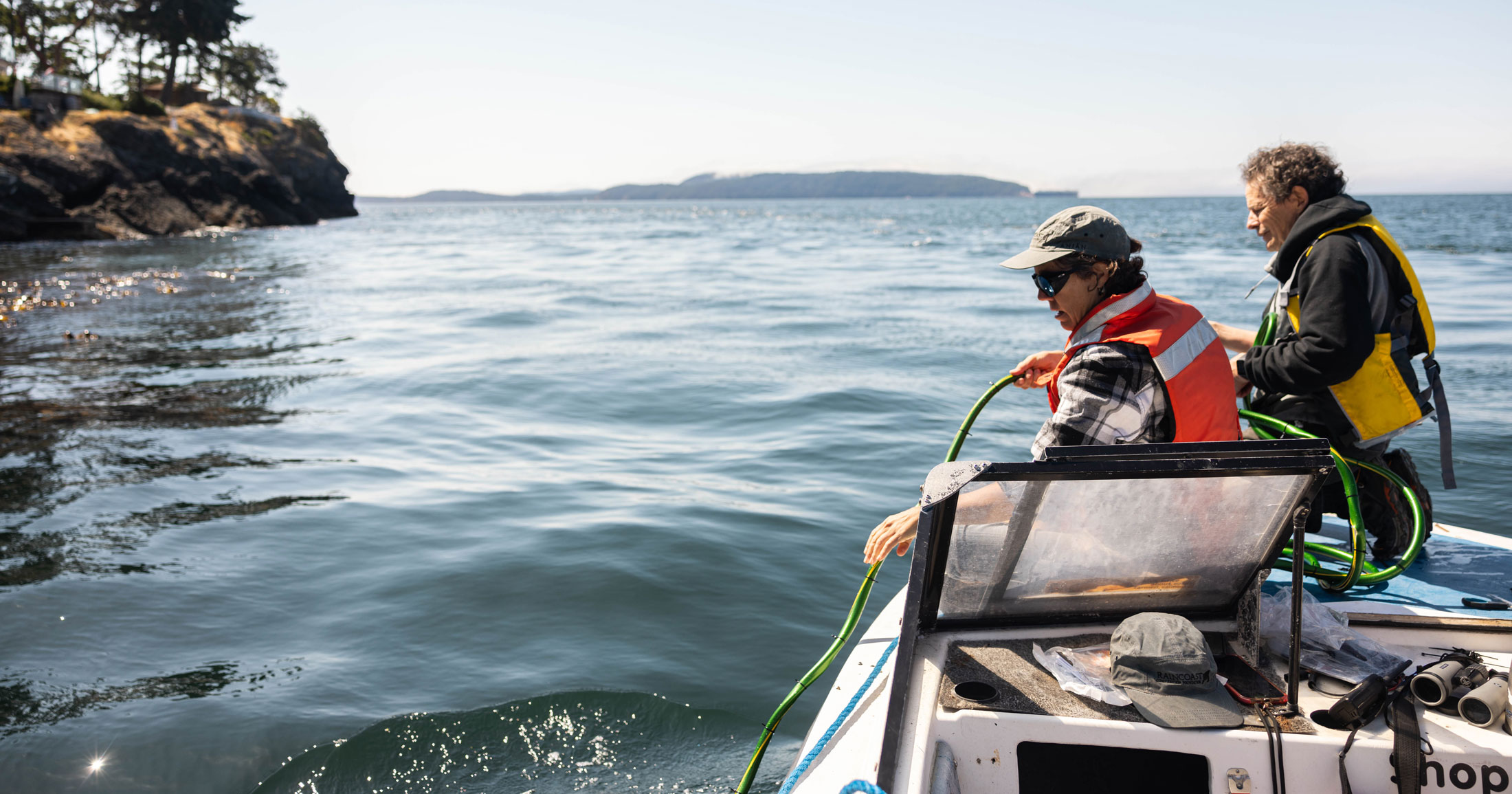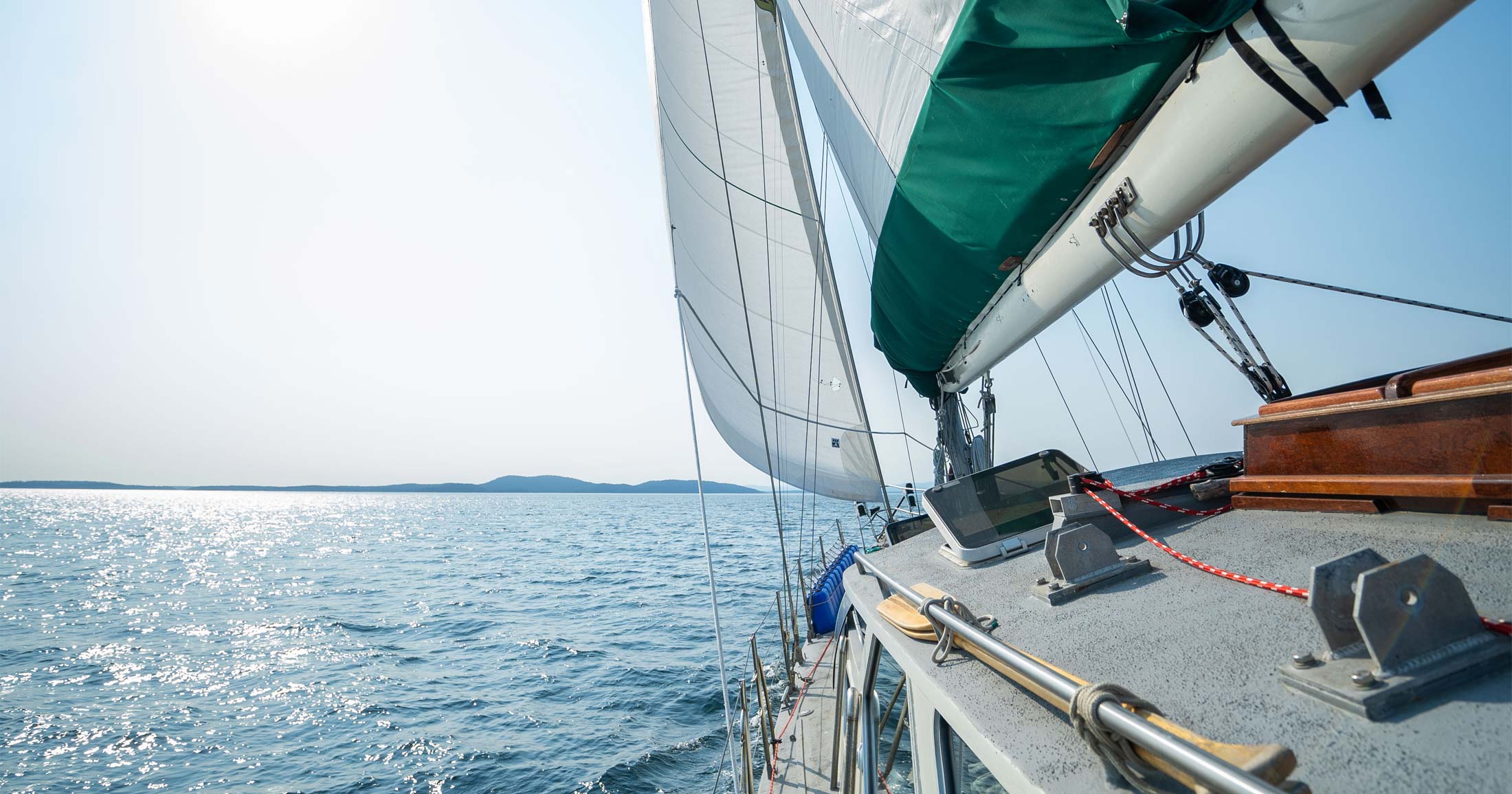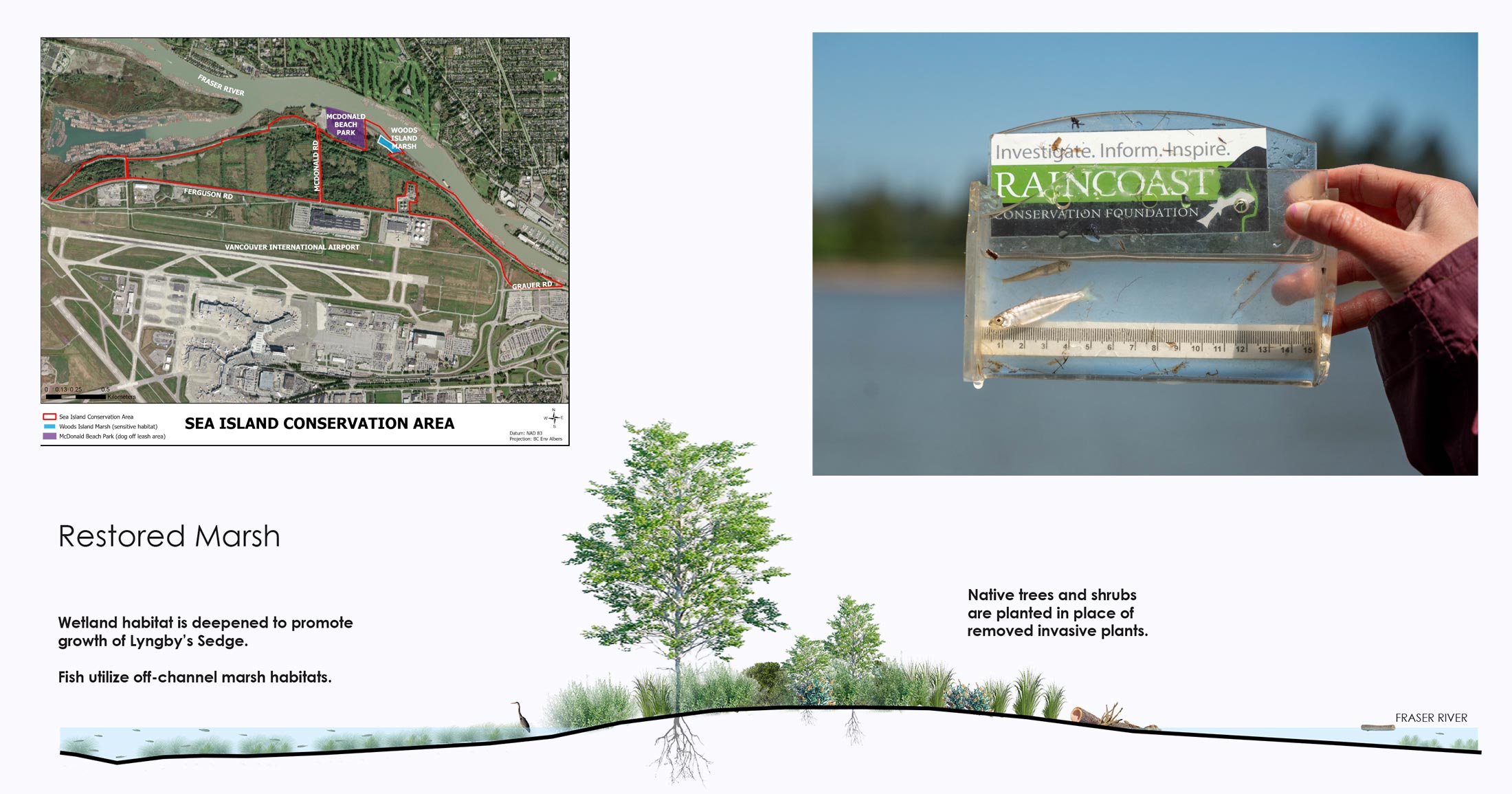New study reveals pathways to transform conflict over contentious salmon and killer whale management in B.C.
Although differences in some beliefs and management priorities were stark, the research revealed that many individuals held both angler and conservationist identities, and shared similar beliefs regarding the importance of SRKWs and Chinook salmon.
Amidst enduring perceived conflict between anglers and killer whale advocates, a new peer-reviewed study offers hope for moving beyond polarization. The work highlights how deeply held identities and beliefs lurk behind public conflict over Chinook fishing closures enacted to protect endangered Southern Resident killer whales (SRKW) in British Columbia’s Salish Sea. However, the research also detects a surprising overlap in stakeholder identities, finding pathways for resolution of conflict and towards the safeguarding of both whales and fishing opportunities.
The team from the University of Victoria and Raincoast Conservation Foundation surveyed more than 700 British Columbians, including over 600 who identified as either “anglers” or “conservation-supporters” – groups often cast as opposed in heated public discourse.
Although differences in some beliefs and management priorities were stark, the findings revealed that many individuals held both angler and conservationist identities, and shared similar beliefs regarding the importance of SRKWs and Chinook salmon. The groups also shared a distrust in current federal management practices.
Citation
Eckert LE, Ban NC, MacDuffee M, Scott DC, Paquet PC, Moola F, Owens C, Darimont CT. 2025. Identifying opportunities toward conflict transformation in an Orca‐Salmon‐Human system. Conservation Science and Practice. 7(9). doi:https://doi.org/10.1111/csp2.70108.
“When public conflict arises over management, it’s tempting to consider it as simplified ‘us versus them’ narratives. Underneath public conflict over Chinook salmon and killer whales are complex values, beliefs, and identities that deserve deeper consideration,” said lead author Lauren Eckert, who led the effort as part of her doctoral research at the University of Victoria. “Our research shows that identity-based conflict may in part be fueling public disputes – but that the same identity and belief complexity could be a bridge toward common ground and improved management outcomes.”
The paper applies a “Conservation Conflict Transformation” framework to understand not only surface-level disagreements over salmon and killer whale management – such as support or opposition to fishing restrictions – but also the deeper identity and belief differences that often underlie intractable conflicts. The authors found that:
- Conservation-supporters and anglers diverged significantly in their opinions on the priorities of marine management.
- Many respondents held multiple identities often perceived to be in conflict, indicating that these identities are not as distinct as they are often perceived; about one-third of conservation-supporters also identified as anglers, and nearly half of anglers also identified as conservation supporters.
- Both groups expressed strong concern over the decline of Chinook salmon, support for the continued existence and importance of SRKW and salmon, and widespread frustration with the Department of Fisheries and Oceans (DFO) and other managers.
Abstract
Conservation interventions increasingly clash with other human activities, often resulting in conflict among people, communities, and wildlife. One means by which to address and overcome conflicts is through examining their roots in identities and beliefs; in this way, researchers can identify potential routes to conflict interventions that address different kinds—and levels of—conflict often ignored in conventional management. In the Salish Sea region, conflict has emerged following measures by Canada’s Department of Fisheries and Oceans that restrict recreational Chinook (Oncorhynchus tshawytscha) fishing to protect endangered Southern Resident Killer Whales (Orcinus ater). Public response has been conflict-laden, especially between “angler” and “conservation-supporter” communities—stakeholder groups portrayed in the media as distinct and opposed. We used online surveys to examine the identity, beliefs, and opinions of stakeholders. Most survey participants (n = 727) self-identified saliently as either conservation-supporters (53%) or anglers (34%), although some held both identities. Both groups scored similarly high in environmental and stakeholder identity affiliation scores, also showing association between the intensity of identities with public engagement in management discourse. Groups differed strongly (χ2 = 156.27, p <.001) in management beliefs, with conservation supporters favoring core management priorities of species conservation, while anglers favored a balanced or natural resource-oriented approach. Despite divergences in beliefs and management priorities, more individuals self-identified as both anglers and conservation-supporters than one would expect based only on existing media portrayals. Ultimately, our results identify conflicts between stakeholder groups as deeply-embedded. Commonalities (in identities and beliefs regarding Chinook), however, suggest a path forward that draws on conservation conflict transformation theory. Broadly, our approach offers new generalizable insight into the levels-of-conflict framework to inform scholarly and practical endeavors.
Polarization and amplification
The study also analyzed online discourse and found – perhaps unsurprisingly – that social media discussions were more hostile than survey responses, suggesting online platforms may be amplifying conflict narratives and hindering constructive dialogue.
Given these findings, the authors call on federal and regional authorities to invest in new approaches to managing conflict – and iconic at-risk species. The Department of Fisheries and Oceans Canada (DFO) and Indigenous management authorities will benefit from employing long-term conflict transformation approaches—like facilitated dialogue and trust-building workshops between conflicting parties—rather than short-term consultation processes that typically fail to address the roots of conflict.
“Generalizations in resource conflicts often inflame disputes. Conservation advocates may be cast as indifferent to human needs, while fishers portrayed as dismissive of conservation. This study shows that such views are extremes, with much more common ground existing than is often assumed. Recognizing this doesn’t make these decisions any less fraught, but it illuminates the values and identities at stake—a key component of navigating conflict.”
Misty MacDuffee, biologist at Raincoast Conservation Foundation
Protecting and sustainably managing endangered Southern Resident killer whales and struggling Chinook salmon are not just ecological issues – they are also deeply human ones,” said Eckert. “To move forward as scientists, decision-makers, and community members, we need to engage the full complexity of people’s identities and values, and recognize the intersecting ecological, cultural, and economic importance. Otherwise, we risk deepening divisions and missing real opportunities for collaborative conservation in an increasingly complex – and shared – world.”
The paper, titled Identifying opportunities towards conflict transformation in an Orca-Salmon-Human system, is available in Open Access format in the journal, Conservation Science and Practice.
You can help
Raincoast’s in-house scientists, collaborating graduate students, postdoctoral fellows, and professors make us unique among conservation groups. We work with First Nations, academic institutions, government, and other NGOs to build support and inform decisions that protect aquatic and terrestrial ecosystems, and the wildlife that depend on them. We conduct ethically applied, process-oriented, and hypothesis-driven research that has immediate and relevant utility for conservation deliberations and the collective body of scientific knowledge.
We investigate to understand coastal species and processes. We inform by bringing science to decision-makers and communities. We inspire action to protect wildlife and wildlife habitats.



